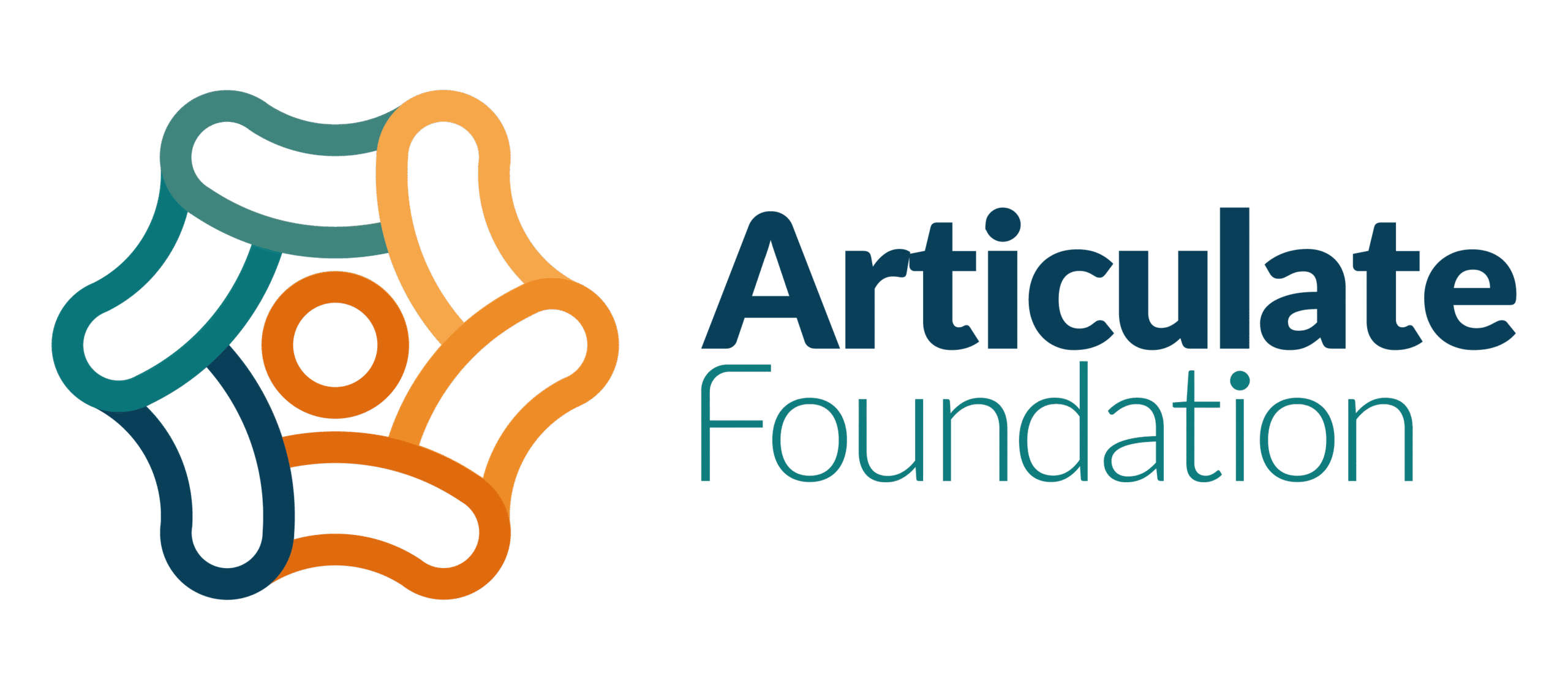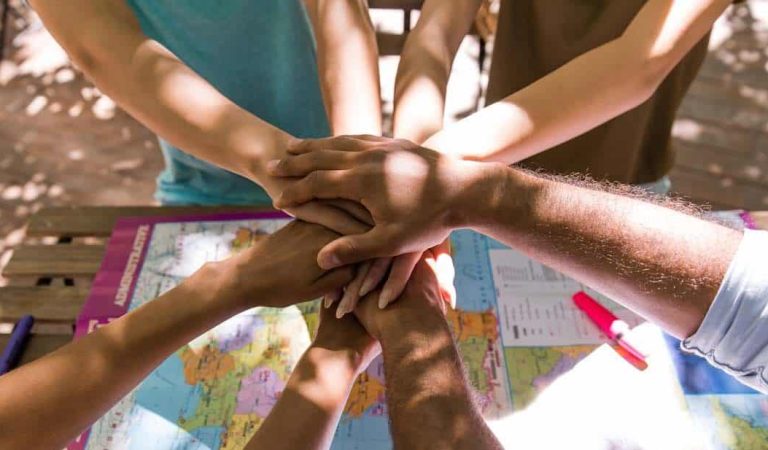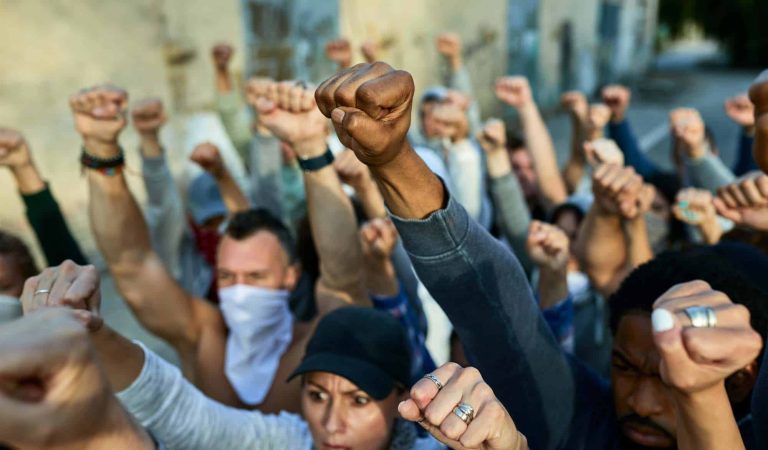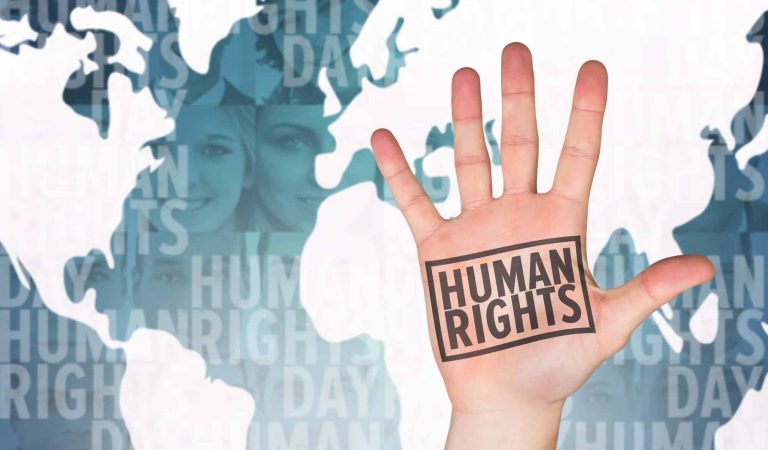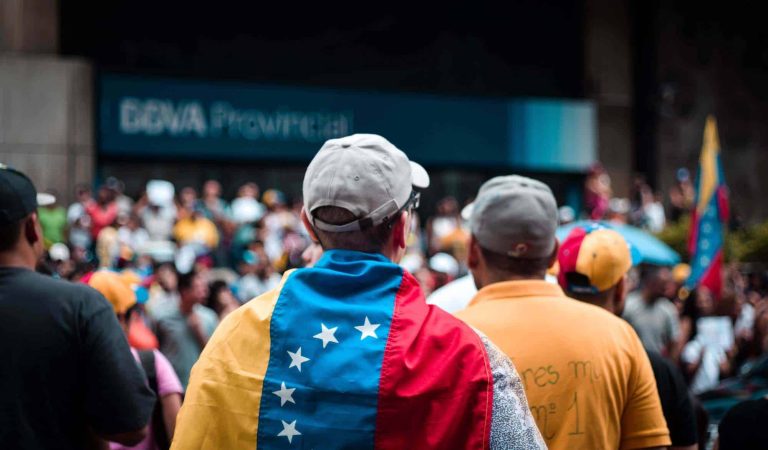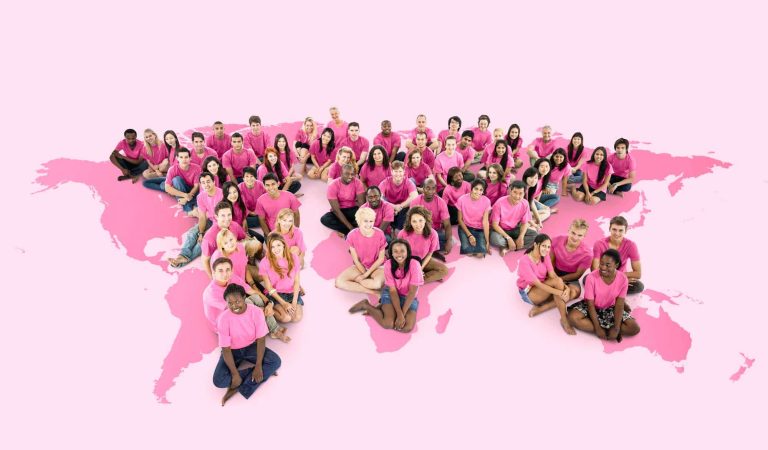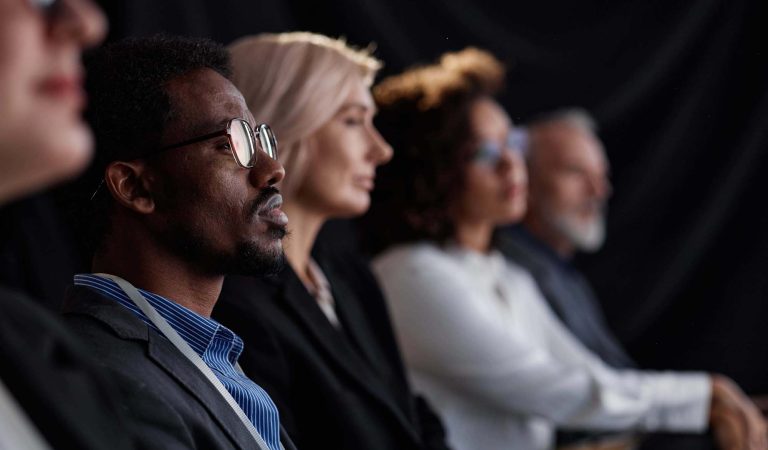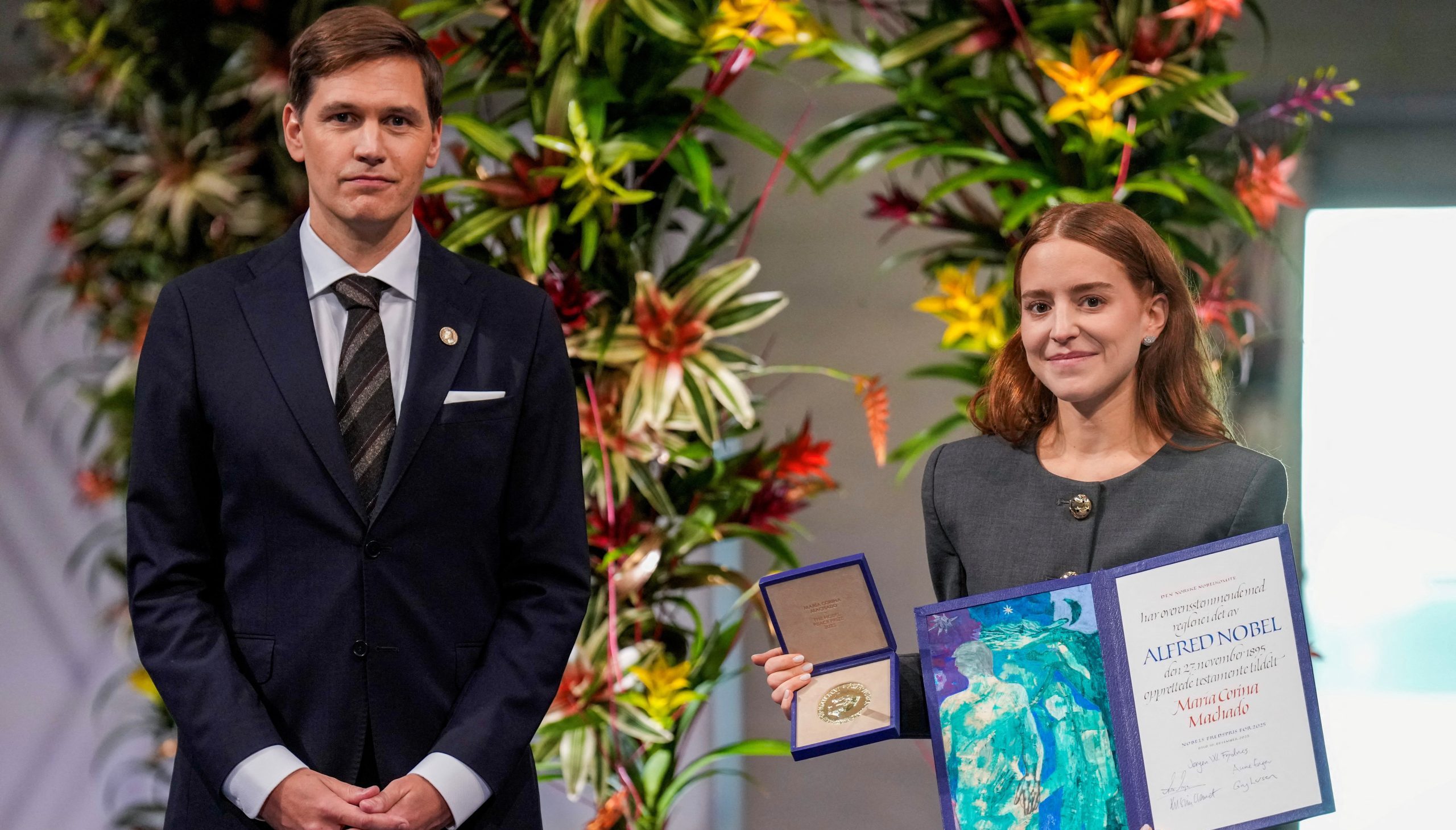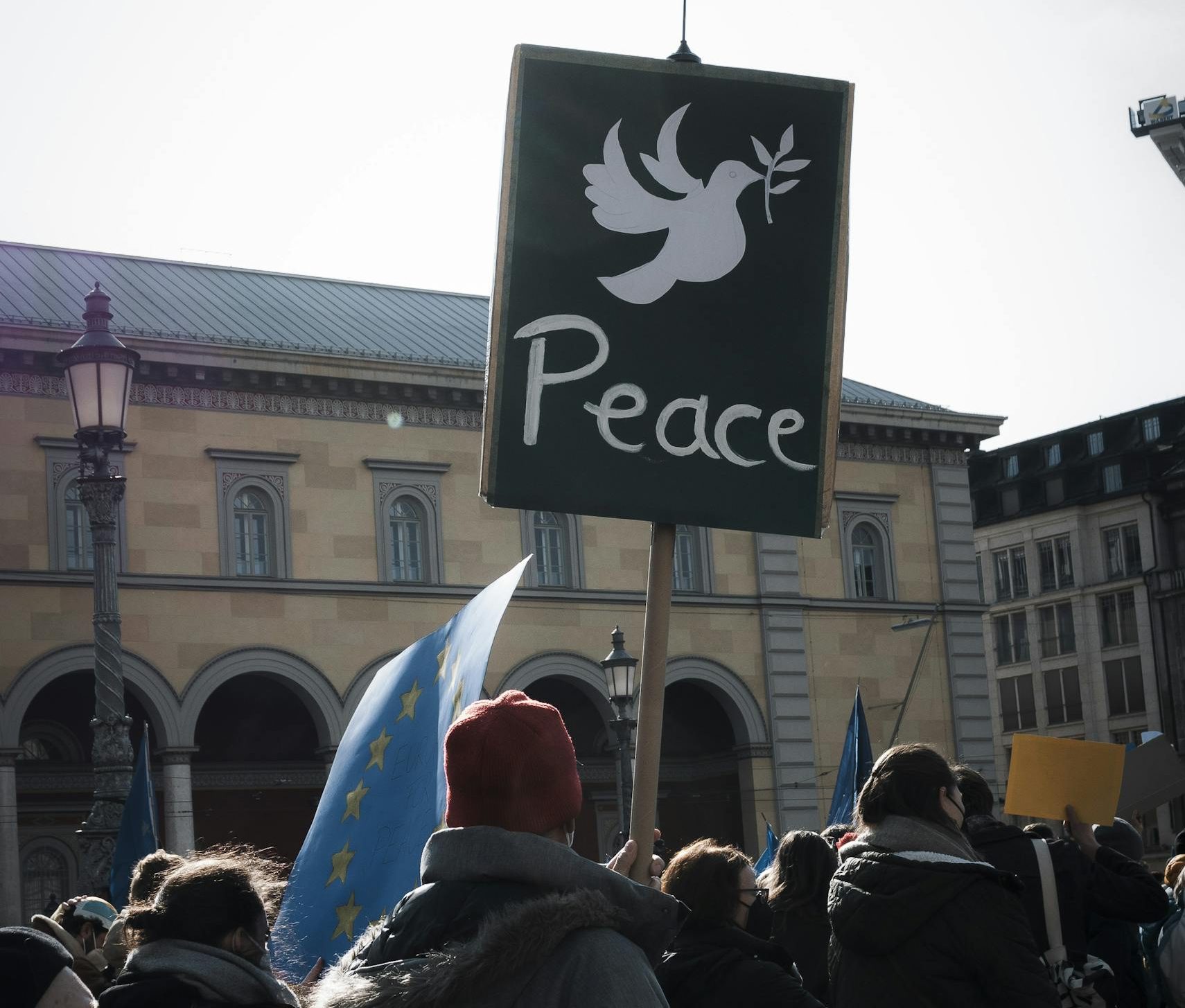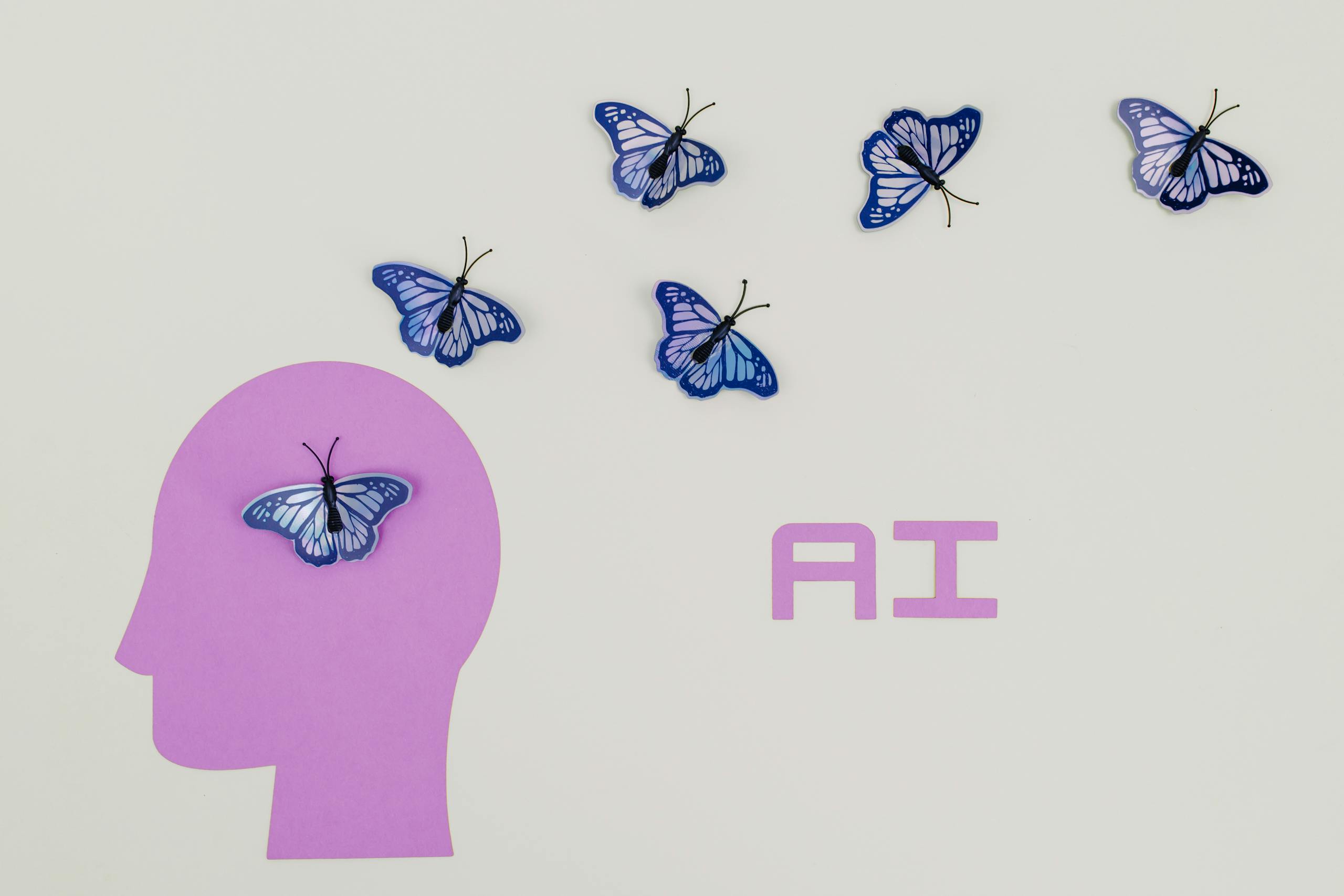In a world characterized by recurring global crises — be they economic, climate, health or security, democracy faces unprecedented challenges. Democracies are not only pillars of human rights and fundamental freedoms, but also provide the political and social stability that is essential to addressing global problems and ensuring development. Funding the fight for democracy, especially through support for civil society organizations (CSOs), is vital to ensure that governments are held accountable, that the most vulnerable voices are heard, that human rights are respected in public policies and that solutions are inclusive and, above all, sustainable over time.
An unbreakable connection
Local and global stability and operability are intrinsically linked to the promotion of resilient democracies. United Nations studies have highlighted that democratic states are more likely to maintain international peace and security, and to cooperate in multilateral efforts
Latin America, in particular, faces a complex political landscape marked by growing challenges to democracy. In this context, civil society organizations have emerged as key actors in the promotion of human rights, transparency and accountability. However, CSOs also face significant challenges, especially at a time when international cooperation for democracy is declining, while other global priorities such as armed conflicts, humanitarian needs, climate change, migration and health security are increasingly capturing the attention of international donors, coupled with attrition due to the lack of results in protracted crises.
A world in crisis and constant risk
In the Americas, countries such as Venezuela, Nicaragua, Cuba and El Salvador, authoritarianism has advanced through repressive measures that include the instrumentalization of anti-terrorist laws and emergency decrees to restrict fundamental freedoms. At the same time, in other countries, such as Mexico, Paraguay and Peru, reforms and legislative measures are being promoted that put the exercise of rights, accountability and the separation of powers at risk. These strategies are incompatible with democratic principles. The weakening of the rule of law and the reduction of civic space make the work of social actors and citizen control more necessary than ever.
However, this phenomenon is not limited to Latin America. In Africa and Asia, authoritarian regimes also restrict civic space, using similar tactics such as restrictions on external funding and legislation that criminalizes the work of CSOs. Even in consolidated democracies, the rise of populist discourse and political polarization have weakened trust in democratic institutions, increasing the need for independent organizations to act as guarantors of rights.
Despite this, the financial challenge is still far from being solved
One of the biggest challenges for CSOs globally is the reduction in funding available for human rights and democracy promotion projects. Although the global sustainable development goals highlight the need for peaceful, just and inclusive societies (SDG 16), investment in this sector remains insufficient. International funding is increasingly geared towards addressing immediate global crises, such as wars, climate change and health emergencies such as the COVID-19 pandemic, leaving CSOs in a vulnerable position.
In turn, the rise of nationalism has led to a reduction in support from countries with greater capacities for democratization initiatives, especially in developing countries.
Furthermore, many authoritarian-leaning governments have adopted measures to make it more difficult for CSOs to access foreign funding, thus restricting their operational capacity. This trend reinforces a vicious circle: fewer resources for CSOs means less capacity to monitor abuses and promote democratic reforms, which, in turn, facilitates the advancement of these types of regimes.
CSOs play a crucial role in the defense of human rights and democracy. They act as a counterweight to state power, documenting rights violations, promoting citizen participation and even offering spaces for encounter and dialogue in polarized contexts. Furthermore, CSOs act as guardians of democratic values by doing their work that resists and challenges oppression even in the most hostile environments.
At the global level, CSOs have played an essential role in the articulation of international standards, from the promotion of climate treaties to the creation of human rights oversight mechanisms in contexts of migration crises and armed conflicts. In this sense, support for organizations that work on human rights and promote the democratic struggle always ends up having a significant impact on the causes and solutions to other global problems.
International support for CSOs is fundamental not only to strengthen democracy in weakened regions of the world, such as Latin America, but also to address interconnected global problems. The United Nations has conceived that “democracy, human rights and sustainable development are interdependent and mutually reinforcing”. Ignoring this link can have serious consequences for global stability.
Everything seems to indicate that in recent years global priorities are changing or even returning to the origins of the current world order. Issues such as the need for a ceasefire, the prevention of large-scale armed conflicts, as well as energy transition, climate adaptation, food security and public health have displaced democracy as a project that needs funding and mobilization on the agendas of international cooperation, even in the interests of activists and affected communities.
However, this fragmented approach is problematic. Without strong democratic institutions, the ability of states to address the other major problems is seriously compromised. For example, the lack of transparency often hinders the effective implementation of climate policies or the equitable distribution of resources in times of crisis.
Democracy as a partner
Investing in democracy is not only an ethical imperative, but also a strategic one. Authoritarian regimes often generate migratory flows, conflicts and economic crises that have an impact beyond their borders. Therefore, supporting CSOs not only benefits local societies, but also the international community.
While the challenges are significant, so are the opportunities. Investment in democracy and human rights generates returns that transcend national borders. Stronger democracies lead to more stable economies, more inclusive societies and greater international cooperation.
Democracy, then, not only as a fundamental value, but also as a strategic partner, takes on a new dimension. This approach leads us to reflect on how democracy materializes in practical terms, from international financing to the operational sustainability of the actors that defend it.
Investing in democracy is not limited to free elections; it involves strengthening institutions, protecting civic space and documenting human rights violations. However, funding tends to focus on reacting to democratic crises rather than preventing them, an approach that is costly in both economic and human terms. Reactive measures, such as assistance in contexts of democratic crisis, tend to monopolize resources, while preventive programs remain underfunded.
At the same time, civil society organizations, which are fundamental in the defense of democratic values, face operational limitations due to funding models that do not consider their basic sustainability needs.
At the same time, donation dynamics are changing, and there is an opportunity to transform support at the community level. Therefore, in order to maximize the impact of international cooperation and to have emancipation capacities in times of crisis, it is necessary to transform community support, empowering people as direct allies in the defense of democracy. Furthermore, prioritizing democratic strengthening as a cross-cutting axis ensures that social projects in health, education or infrastructure are more sustainable and effective.
In this sense, it is essential that the international community, including the United Nations, donor governments, philanthropic foundations and the private sector, reaffirm their commitment to financing democratic projects. This does not imply neglecting other urgent priorities, but rather recognizing the importance of democracy and the organizations and actors that advocate for it as a precondition for effectively addressing other challenges.
Conclusion
At a time when the world is facing challenges, some unprecedented, others thought to have been overcome, conceiving of democracy and its strength as a cause, effect and remedy could keep alive the hope of just and free societies. The international community must recognize that strengthening democracy is not an option, but an equally urgent necessity to guarantee a more stable and equitable future for all. Supporting and financing the struggle for democracy in times of crisis is not a luxury or a supplement. Diversification and innovation of these efforts must be an item on the agenda to ensure the resources that allow democratic strengthening at different levels to not only be maintained, but to expand.
